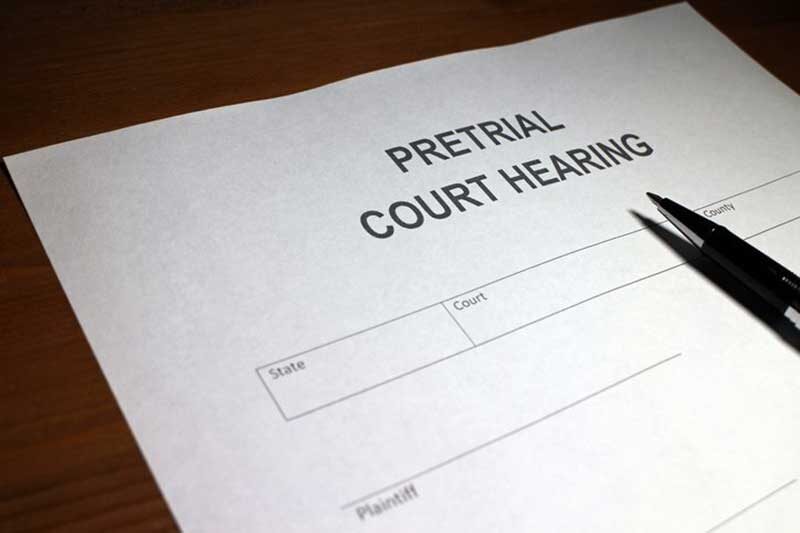If you or someone you care about has ever been accused of a crime, you know how helpful it is to familiarize yourself with the criminal justice system. One of the most basic levels of this system involves the initial appearance and setting conditions of pretrial release.
Initial appearances are governed by NCGS Section 15A-511. A law enforcement officer must take a person arrested (with or without a warrant) before a judicial official without unnecessary delay (G.S. Section 15A-501(2)). The judge, clerk, or magistrate presiding must inform the defendant of the charges and the right to communicate with counsel and friends, and of the general circumstances under which he may secure his release.
For initial appearances for warrantless arrests, the judicial official must determine whether there is probable cause to believe that a crime has been committed and that the person arrested committed it. If there is no probable cause, the Defendant is released. If probable cause is found, the judicial official must issue the criminal process known as the Magistrate’s Order, which contains the statement of the crime charged and facts to support each element of the offense. For initial appearances for arrests with warrants, no finding of probable cause is necessary because it was already found when the warrant was issued.
A defendant charged with a noncapital offense (everything except first-degree murder) is entitled to and must have conditions of pretrial release determined (G.S. Section 15A-533(b)). The purpose of pretrial release is to make sure that the defendant appears in court when required and does no harm while on release. In determining the specific conditions of release, the court will consider general factors pursuant to NCGS Section 15A-534(c) and required conditions pursuant to NCGS Section 15A-534(a). Of course, one common condition of release is the posting of a bond – a topic which will be discussed in greater detail in a separate blog post.
If you know someone who needs representation in a criminal matter, please call Attorney Frank McFarland for a consultation in our McDowell County office located in Marion, North Carolina. Other attorneys a King Law also offer criminal defense services. To schedule your appointment call 888-748-5464 (KING).

